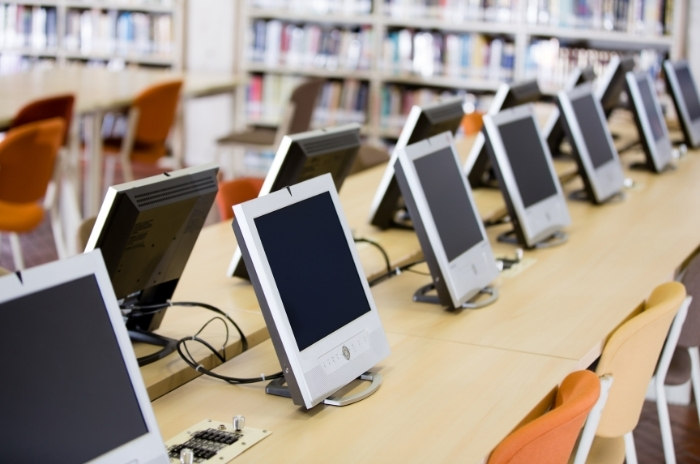The universalization of ICT contributes to reduction of environmental impact

We must highlight the importance of introducing environmental education in schools and accompanying it with a digital transformation to reduce the impact on the environment.
Environmental change starts in education
According to several reports from Youth for Climate Action, Environmental issues are of particular interest to young people at an early age, between 14 and 19 years old. In this sense, education is a fundamental tool for creating healthy habits, modifying customs and teaching future citizens that it is possible to live on this planet with more responsible and sustainable consumption. It is essential to promote good environmental practices among students, teachers and families, to generate collective awareness about the problems that affect our environment, and to know the repercussion and individual influence in the resolution and prevention of environmental problems.
“There is no doubt that education is the most powerful tool to educate new generations about the environment,” explains Olivia Hunt, geography professor at The British School of Barcelona. David Attenborough, presenter and environmental activist, already claimed in the 1970s that in order to generate global interest, it was necessary to educate the public in a more tangible way. Therefore, it is imperative that schools create better environmental awareness at an early age so that young people acquire better habits for adulthood, such as recycling waste at home and using public transport instead of relying on private vehicles. Education is the key to innovation.
ICT to reduce environmental impact
For the execution of solutions that help to reduce the environmental impact, technological advances have been one of the best allies. Digitization has proven to be a viable alternative, since it not only allows working in a more sustainable way thanks to the reduction and recycling of resources, but also offers more efficient work processes.
Taking into account the technological evolution in which we are inevitably immersed, the use of digital tools must be integrated into any discipline, even in the environment. Digital tools can and should be part of the solution, allowing us to collect, store and analyse environmental data in detail and at a speed that humans cannot even imagine. On the other hand, digital tools also allow us to make simulations of possible consequences of our impact on the planet. And of course, thanks to them we can communicate in real time all the information and studies carried out on a planetary level. Therefore, we have an obligation to teach students to make use of all this technology to help us make decisions to change and improve the expectations of our environment and preserve it for future lives.
Real initiatives to combat the climate emergency
Through innovative environmental initiatives that engage students from an early age and the appropriate use of technology, schools can create a lasting responsible environmental culture by implementing small-scale actions. Thus, for example, in a Spanish high-school, the British School of Barcelona, first-year secondary students have spent the entire term working on a multidisciplinary project based on the theme of how technology can help the environment. To carry out this exercise, students have had to investigate the typology of waste, its treatment and its ecological impact, carry out audits on waste management, digitally analyse data, and design physical and technological proposals to promote the knowledge and practice of recycling among their peers.
Also, they have created ‘Eco-Committees’ where students analyse environmental problems and draw up an action plan with proposals that can be applied at school. Thus, this high-school goes one step further in promoting values such as responsibility and respect for the environment to create active and participatory citizens of the world that contribute to creating a safer and more sustainable world. And this is how school education stands as a very powerful tool to change the way we see and act in the world.
